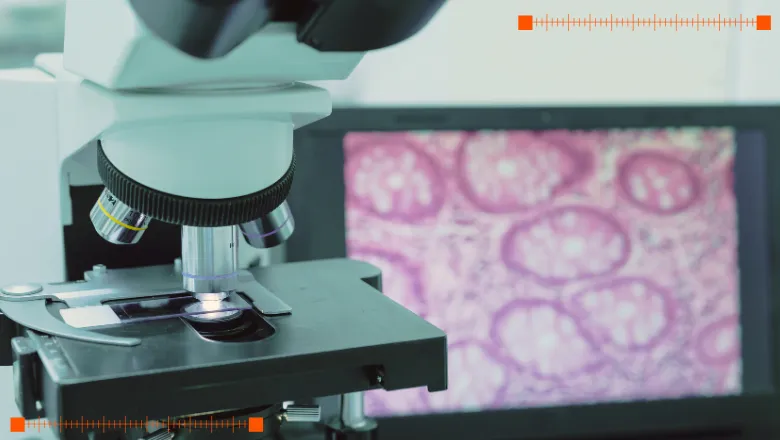In this project, we aim to demonstrate stronger evidence link of BPA to breast cancer, which will help to support the importance of reduced exposure to bisphenols in daily lives".
Dr Anthony Kong
29 August 2025
Dr Anthony Kong awarded seed grant to investigate effects of industrial chemicals on breast cancer
Dr Anthony Kong together with his co-applicants from King’s, Professor Michael Antoniou and Dr Rachel Evans have been awarded a £25,000 Breast Cancer UK Seed Award to investigate how a group of industrial chemicals, known as bisphenols, affect breast cancer.

The Breast Cancer UK Seed Award is designed to support scientists at crucial stages of their projects, providing funding for pilot studies or additional resources that can help advance research into the links between chemicals and breast cancer risk. The funding will support consumables for the project, which will use samples taken from patients to study how these impact both healthy breast tissue and breast cancers.
Bisphenols are a family of industrial chemicals that are thought to interfere with the endocrine system, which produces and releases hormones. The most widely known, bisphenol A (BPA), is commonly used in clear plastics and food packaging. BPA and its substitutes, such as BPS and BPAF, have already been linked to the progression of hormone-dependent breast cancer.
As part of this research the group will use tiny 3D models of breast tissue in the lab, made from real patient samples. These models behave much more like real breast tissue, so they give a clearer picture of how chemicals like bisphenols might affect breast cancer. These will be created from both normal and tumour tissues, allowing the team to build a panel of models that mimic different types of breast cancers alongside their healthy tissue counterparts.
The research will expose these organoids to BPA and its alternatives at levels similar to what people encounter in everyday life. It will then study how exposure changes the activity of genes, whether it alters the immune environment in ways that help cancer grow, and whether it makes tumours more aggressive by promoting faster growth, survival or invasion.
With this new funding, the group aims to uncover evidence that is more physiologically relevant than previous studies. If the research confirms harmful effects using these advanced models, BPA exposure could potentially go on to become recognised as a modifiable risk factor for breast cancer, much like alcohol or obesity. This evidence could inform new regulations to protect public health and encourage lifestyle changes that reduce exposure to bisphenols.
Fortunately, BPA clears from the body fairly quickly. Simple changes like choosing glass or stainless-steel containers, avoiding canned foods when possible, and using BPA-free baby bottles and cups can help to lower exposure.
Although this research is a pilot project, it has the potential to transform understanding of environmental risk factors for breast cancer. By using more accurate human-derived models, the findings could not only advance science but also help individuals to make informed lifestyle choices and drive regulatory change to safeguard public health.

